QuestionLike most birds, my budgie loves millet sticks. If I put one in his cage he'll devour it within a day or two and ignore his usual seed. My question is, is it unhealthy for him to eat so many millet sticks? Should I limit them to once a week or is it fine for millet to be a major part of his diet?
AnswerHi,
Millet is lower in fat than most seeds- but it is unhealthy for your bird to eat any type of seed (or seed mix) as the main part of their diet). Budgies need well balanced diets with pellets, veggies and some fruits. You also can feed them whole wheat bread, scrambled (or crumbled, hard-boiled eggs), and other healthy, bird-safe people foods.
Unfortunately, research is still being done about the ideal diet for parrots, and there is always different recommendations from one site to another. However, it is very clear that an all seed diet is not healthy for birds. Here is a copy of text from www.forthebirdsDVM.com that explains the difference between seed and pellet diets:
"Diet: Seeds vs. Pellets
Seed diets are nutritionally inadequate for birds. Seed diets are high in fat and low in the vitamins, minerals, and protein that birds need to stay healthy. While birds can survive temporarily on seed diets, in time chronic malnutrition will compromise their immune systems, and they will get sick.
Pelleted diets are specifically formulated to meet the nutritional needs of your bird. They contain the right balance of vitamins, minerals, protein, carbohydrates, and fats that your bird requires for optimal health. There are a number of different pellets available at your local pet store or veterinary clinic. It is best to avoid pellets that are brightly colored, and opt for the pellets that do not contain food coloring. Ask your veterinarian which type of pellets is best for your bird."
_____________
Budgies are also prone to tumors, and living on such a high-fat diet (most seeds are high in fat- millet is the one exception) can increase their chances. They are also prone to Vitamin A deficiencies. Here are some articles with information on diet:
http://www.epah.net/birds/smhookbilldiet.html
http://www.forthebirdsdvm.com/VitA1.htm
http://www.mickaboo.com/aviancare.html
I hope this helps.
-Maggie

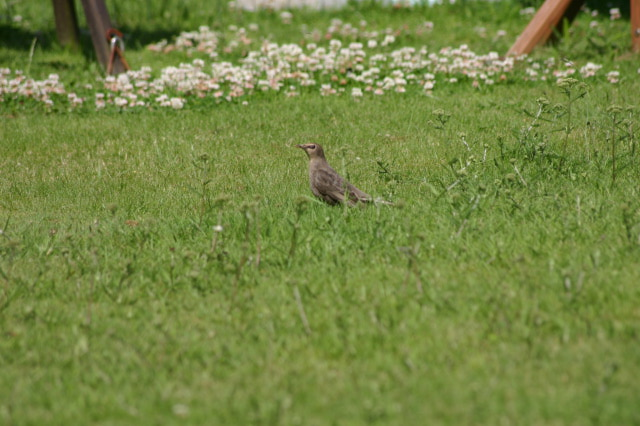 Identification of a bird
Question
Bird name
Please can you advise what th
Identification of a bird
Question
Bird name
Please can you advise what th
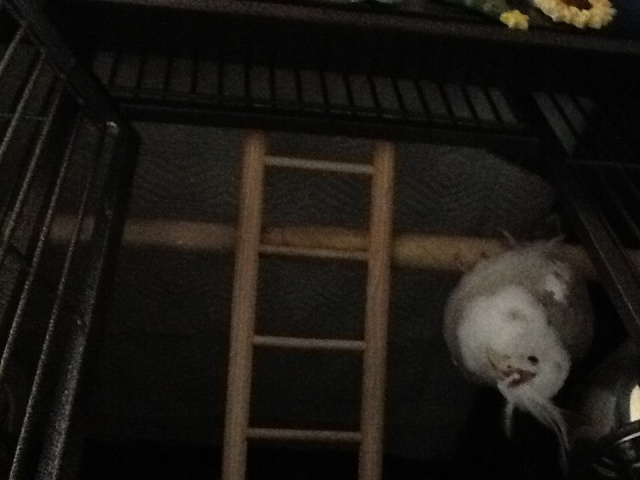 White faced cockatiel injury
Question
cockatiel injury
My 8 year old cockatie
White faced cockatiel injury
Question
cockatiel injury
My 8 year old cockatie
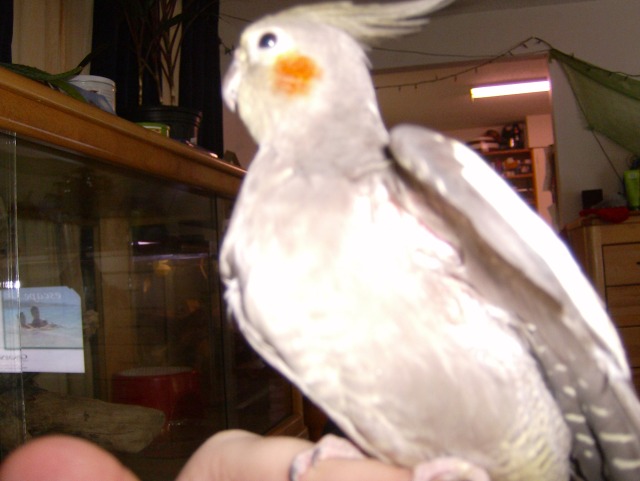 my cockitale mocha
QuestionQUESTION: I have a cokitale that will be 3 on A
my cockitale mocha
QuestionQUESTION: I have a cokitale that will be 3 on A
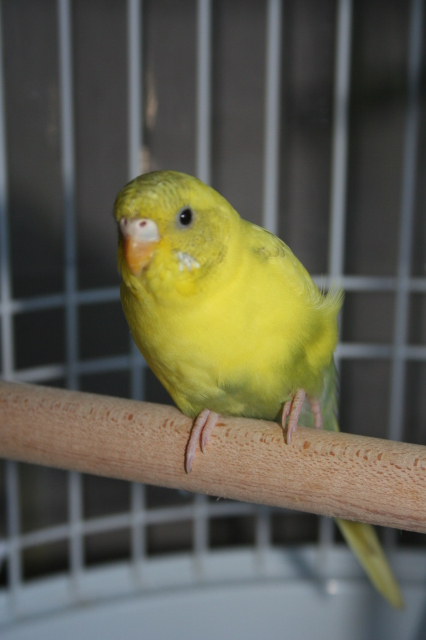 Budgie has broken foot?
Question
Maggies foot
Hi there! I got a baby budgie a f
Budgie has broken foot?
Question
Maggies foot
Hi there! I got a baby budgie a f
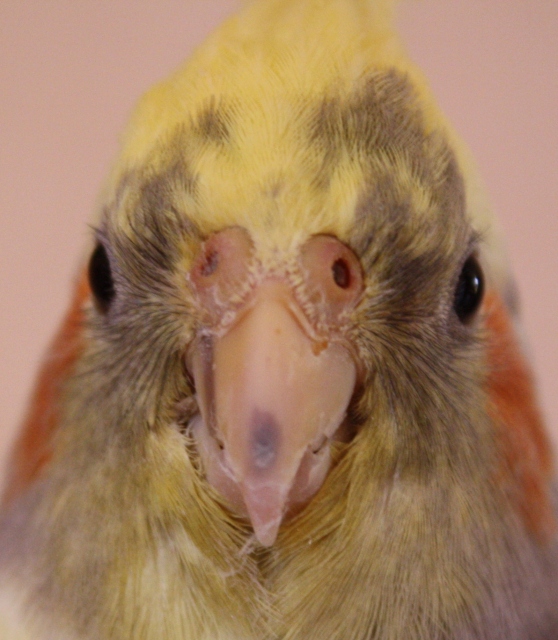 Bruise-like discoloration of beak (Cockatiel)
QuestionSasha
QUESTION: Our Cockatiel has develo
Bruise-like discoloration of beak (Cockatiel)
QuestionSasha
QUESTION: Our Cockatiel has develo